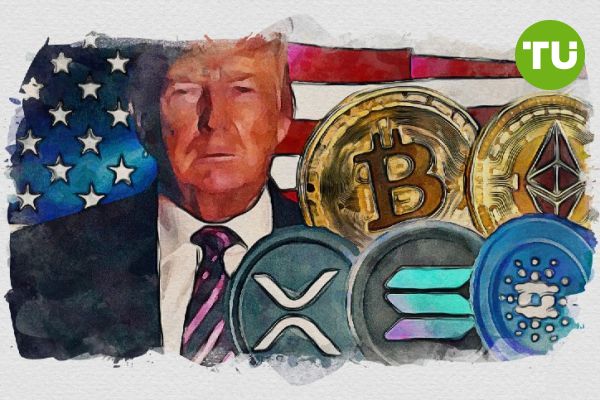U.S. tariffs on China, Mexico, and Canada raise concerns in Brazil
 U.S. tariffs raise concerns in Brazil
U.S. tariffs raise concerns in Brazil
The Brazilian government is closely monitoring the fallout from the United States’ recent tariff hikes on imports from China, Mexico, and Canada.
While these measures do not directly impact Brazil, officials in Brasília recognize both risks and potential business opportunities arising from the evolving global trade landscape, according to O Globo.
On Tuesday, Washington implemented a 25% tariff on imports from Mexico and Canada and raised duties on Chinese goods from 10% to 20%. In response, China, Canada, and Mexico have announced retaliatory measures targeting U.S. products. Beijing, for instance, is imposing additional tariffs on American agricultural exports, including soybeans, pork, and dairy.
Steel, aluminum, and agriculture at stake
One of Brazil’s primary concerns is the looming 25% tariff on steel and aluminum imports to the U.S., set to take effect on March 12. Brazil, the second-largest supplier of steel to the American market, could suffer significant economic consequences if subject to these duties.
At the same time, the trade war could open new doors for Brazilian exports, particularly agricultural commodities. China’s retaliatory measures against U.S. farm products may increase demand for Brazilian soybeans, beef, and poultry. However, experts caution that while export opportunities could grow, the domestic impact on food prices remains uncertain.
Vice President and Trade Minister Geraldo Alckmin has requested talks with U.S. Commerce Secretary Howard Lutnick to discuss potential exemptions or alternative trade strategies. Meanwhile, Brazil is considering lowering its 18% tariff on U.S. ethanol as a bargaining tool in negotiations.
As tensions rise, Brazil remains vigilant, assessing both the risks of U.S. protectionism and the opportunities it may present in global trade.
Meanwhile, Senator Ted Cruz is championing Texas as a global hub for Bitcoin innovation in the U.S., aligning the state’s resources with the growing digital asset industry. With three Bitcoin mining facilities in West Texas, Cruz is merging advocacy with action.













































































































































